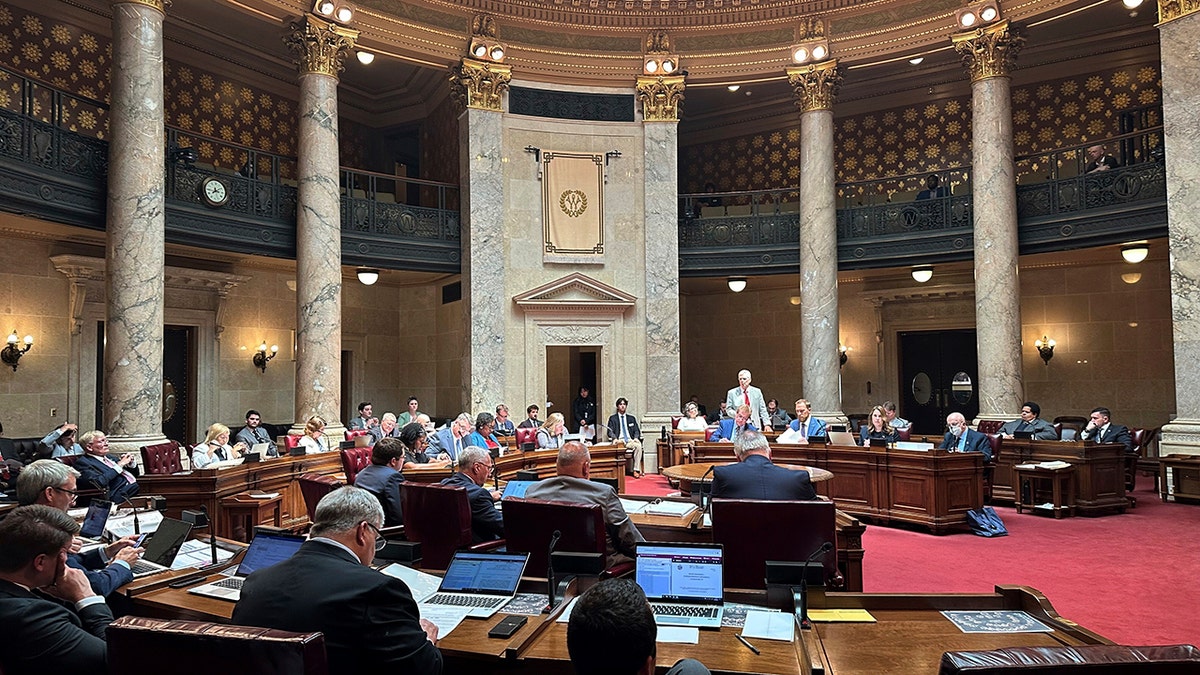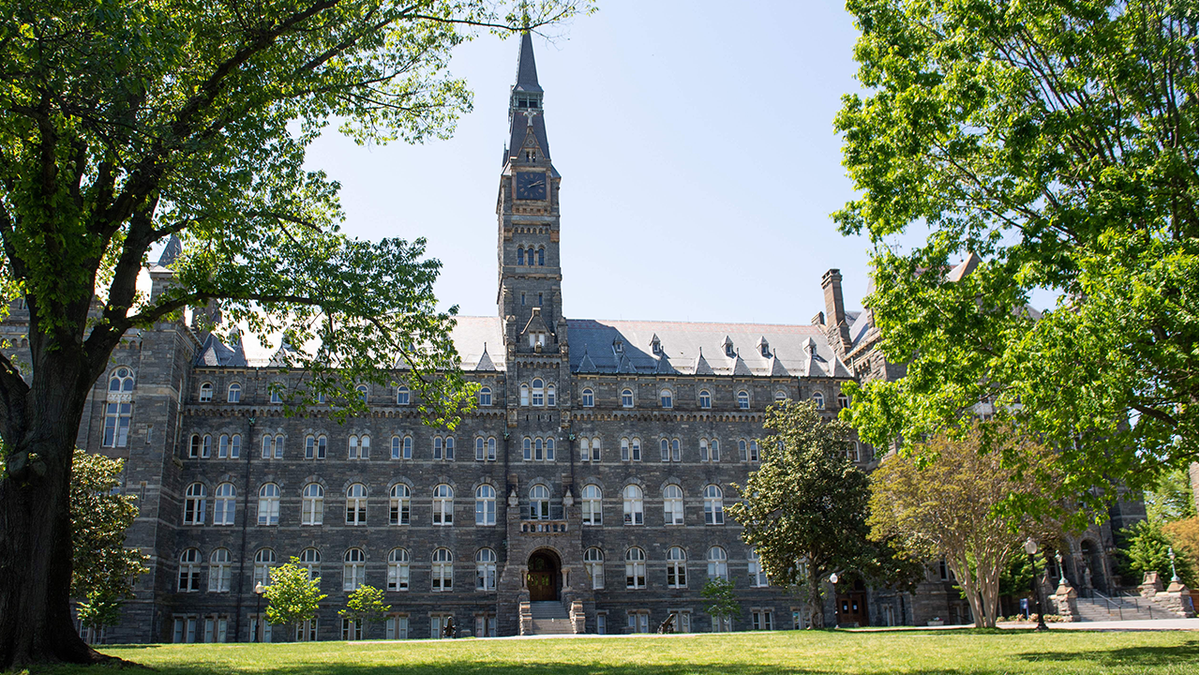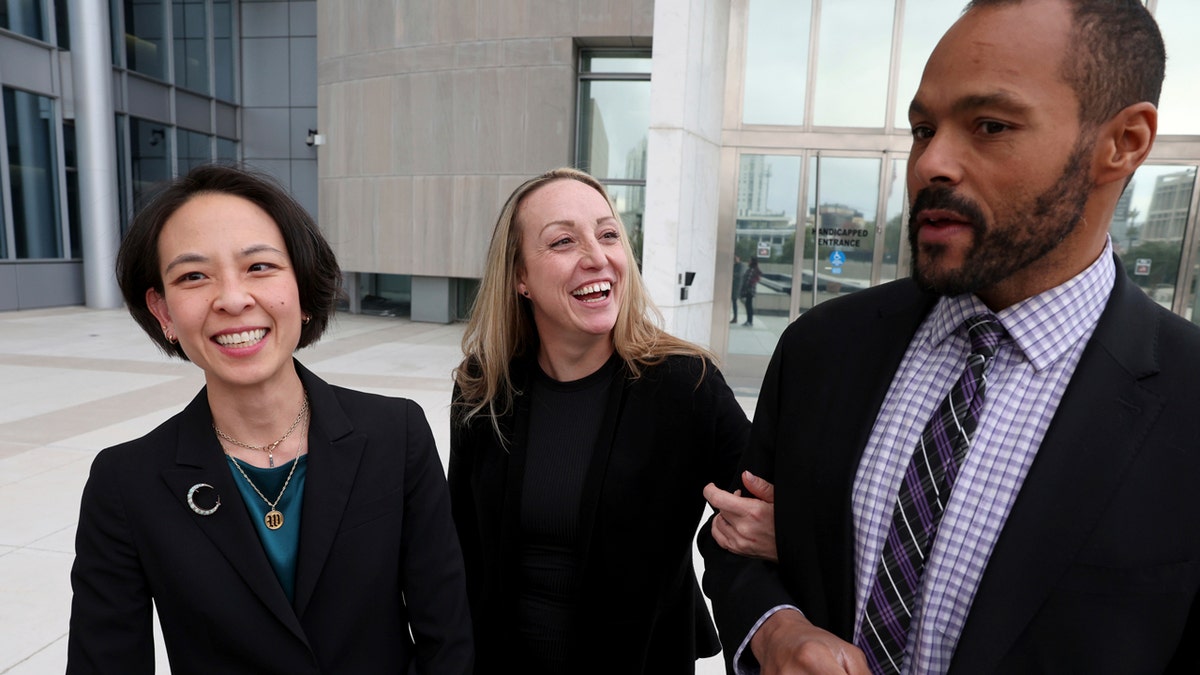The Wisconsin State Senate has greenlit a two-year budget plan that implements tax reductions across all income brackets, with higher earners receiving the largest cuts. The plan also allocates a significantly smaller budget to the University of Wisconsin than requested, sparking debate among lawmakers.
Republican Senate Majority Leader Devin LeMahieu commended the budget for prioritizing key areas and highlighted the $3.5 billion tax cut, which simplifies the tax system from four brackets to three. LeMahieu suggested this move aligns with a broader strategy of shifting Wisconsin towards a flat tax structure.
Democrats criticized the budget, arguing that the substantial projected surplus presented an opportunity to invest in critical public services such as education and childcare. They expressed concern that the focus on tax cuts disproportionately benefited the wealthy. Democratic amendments aimed at increasing funding for schools, the University of Wisconsin, and child care programs, as well as expanding Medicaid, were rejected by the Republican majority.

The approved budget, totaling $99 billion, will now proceed to the Republican-controlled Assembly for a vote before reaching Democratic Governor Tony Evers. Governor Evers has the authority to implement partial vetoes and has indicated a potential full veto if funding for diversity, equity, and inclusion (DEI) programs at the University of Wisconsin is cut.
While the budget incorporates a bipartisan agreement to increase K-12 school funding, it reduces the University of Wisconsin's budget by $32 million, the amount allocated to DEI programs. The university could potentially recoup these funds if it demonstrates a commitment to workforce development initiatives. A proposed new engineering facility for the university was also denied funding.
Further points of contention include funding for the state's school safety office and a pandemic-era child care subsidy program, both of which saw proposed increases by Democrats rejected. Democrats also criticized the structure of the income tax cuts, arguing that they disproportionately benefit high earners. For example, taxpayers earning between $60,000 and $70,000 annually would see an average reduction of approximately $250, while those earning between $25,000 and $30,000 would receive an average of only $15. The largest percentage decrease, over 17%, would benefit those earning between $250,000 and $300,000, resulting in an average reduction of $2,157.
In addition to tax cuts and university funding, the budget addresses state employee pay, allocates funds to address water pollution from PFAS chemicals, and increases electric vehicle registration fees.
The Senate vote concluded 20-13, with all Democrats and two Republicans opposing the budget.








